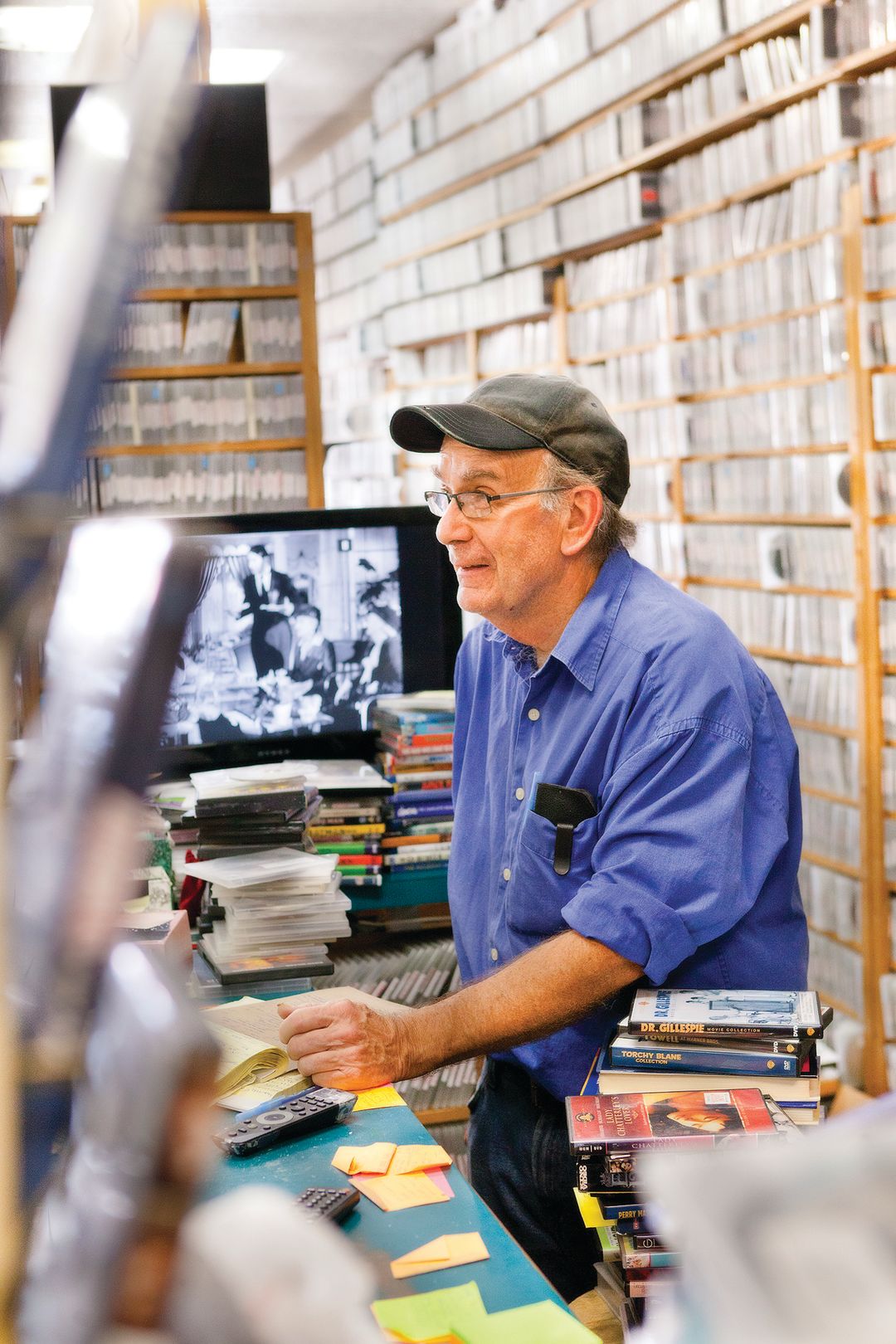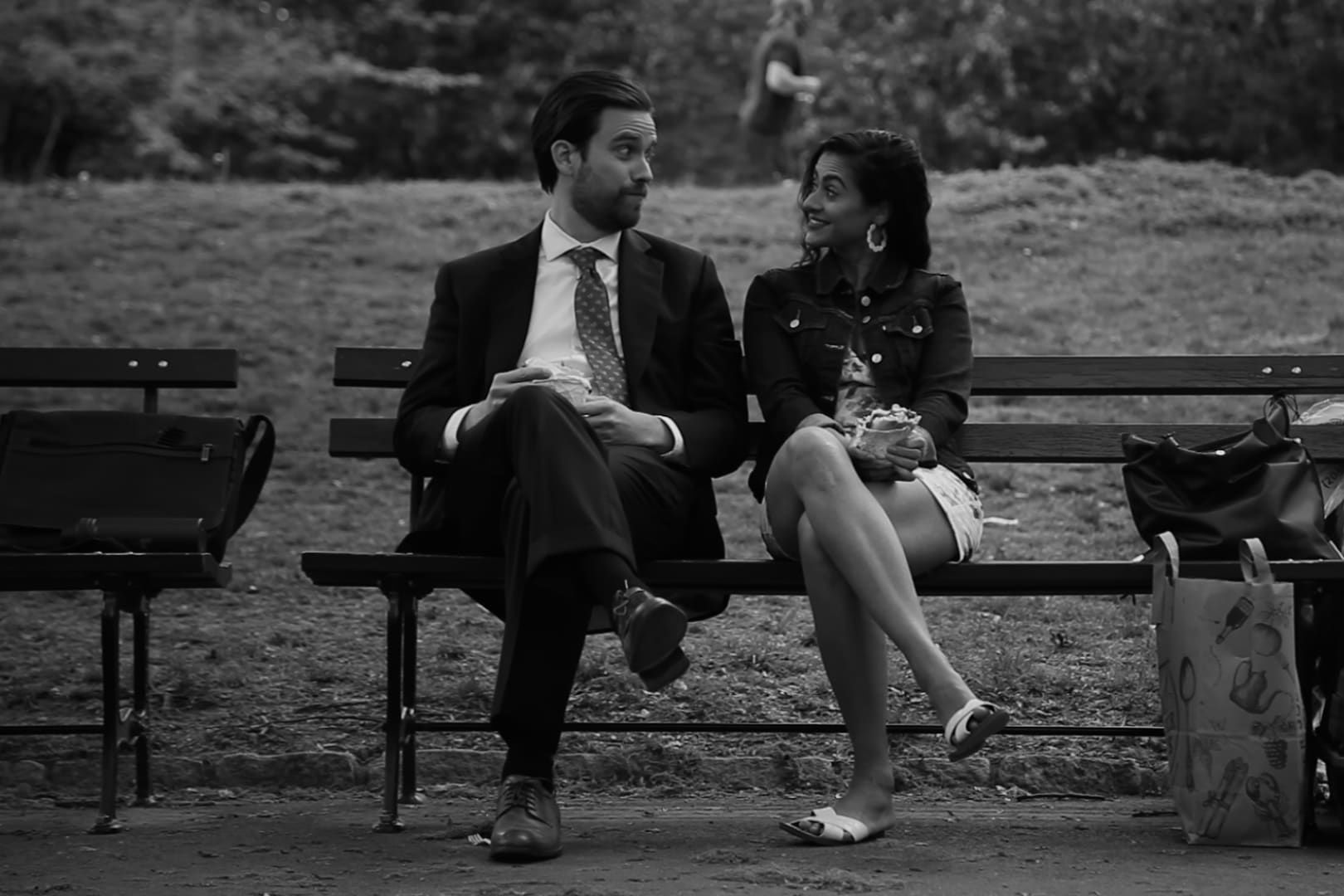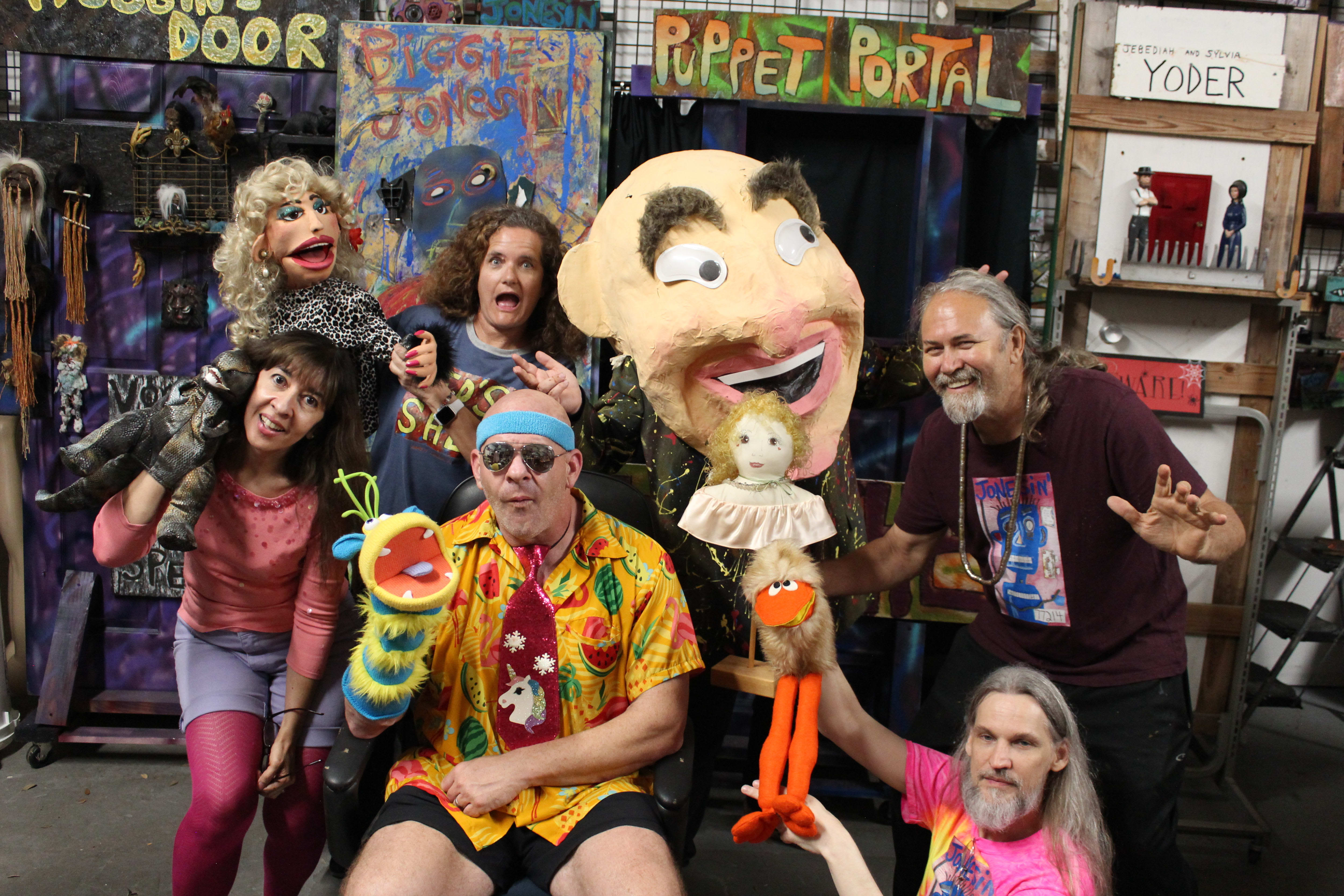Sarasota's Iconic Video Renaissance Closes Its Doors

Bill Woolridge
Image: Gene Pollux
As a 6-year-old in Richmond, Virginia, Bill Woolridge went to the cinema with his older brother to watch Akira Kurosawa films. Kurosawa, a Japanese film director and screenwriter, wasn’t a household name then—or now, either—but he was a giant in the world of cinema for his 30 films, from his classic Rashomon (1950) to Ran (1985). For the young Woolridge, Kurosawa’s films, even though they were subtitled, were mesmerizing. “Seeing subtitled films wasn’t an issue. If I couldn’t read them, well, my brother would just whisper it to me,” he says.
Woolridge created a life and a business from this passion, in the process educating generations of Sarasotans about the transformative power of films. Sadly, that business, the 33-year-old Video Renaissance, with its eclectic collection of 50,000 videos—many of them rare and out of print—closed its doors in September, unable to compete with streaming video platforms like Netflix and Amazon.
Two fans, Nathan Robinson and Damien Bythrow, started a GoFundMe campaign to save part of Woolridge’s unique library and donate it to the Sarasota County public library system. They raised $10,000 to buy portions of the collection and presented it to Woolridge at a goodbye fund-raising party. Woolridge will turn over the films that aren’t available online. The other films he plans to sell to the highest bidder, and he’ll keep some of his favorites for himself.
The party was sad, too. “I used to come here,” former patrons murmured to one another as they crammed into the store’s narrow aisles, reciting their favorite films. There were sweets and drinks, and someone opened a bottle of Moët Chandon and poured sips into little plastic cups as they lamented the end of Wooldridge’s cinematic institution.
“One person who hasn’t been here much in the last 16 years came by and told me how upset she was,” Woolridge says. “She told me she always thought the store was going to be here. It’s an institution, sure, but it’s a business, too.”
Woolridge, who rarely issued late fees, recalled his favorite excuse a customer gave him for not returning tapes on time. “She said she couldn’t return anything for two months because she had been abducted by aliens.” That story, he says, was worth absolving her of her debt.
Woolridge isn’t bitter about closing shop. “I accept it,” he says. “It’s been a great run. You know when Netflix started, I thought we were going to be outta here and gone by 2003-2004.”
If there’s one thing he regrets, it’s that movie watching has become a solitary experience. “Every city used to have a vibrant movie-going population,” Woolridge says. “What’s missing [today] is that whole communal experience. Movies were a touchstone for popular culture in a way that other art forms weren’t. Film was the great equalizer.”
But Woolridge will be OK. He plans to travel, mostly to Europe to revisit cities he knew as a young man. He will also continue his other passion, restoring old homes he owns in Sarasota, St. Petersburg and Richmond.
In the end, we’re the ones who are worse off. We’ve lost a place that housed art and knowledge and real people. Woolridge always helped you find the movie you were looking for. He was superior to any algorithm that Netflix cooked up. Now we'll just scroll endlessly until we pass out.
Film 101
Woolridge doesn’t like top lists, but he agreed to share five must-see films.
1. Metropolis, a 1927 German science-fiction drama about a utopian city of the future fueled by a hopeless underworld of mistreated workers.
2. Out of the Past, a 1947 Hollywood crime drama that made Robert Mitchum a star.
3. Touch of Evil, a 1958 film noir written and directed by and co-starring Orson Welles
4. 8 ½, a 1963 comedy-drama “film about making a film,” considered one of director Federico Fellini’s masterpieces
5. Jean de Florette and Manon of the Springs, a 1986 two-part story about poetic justice that spans generations, by French film director Claude Berri



